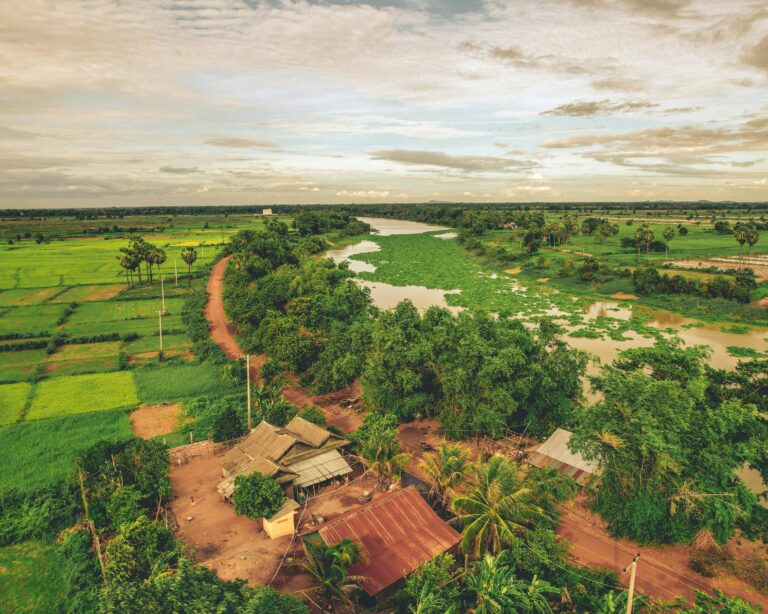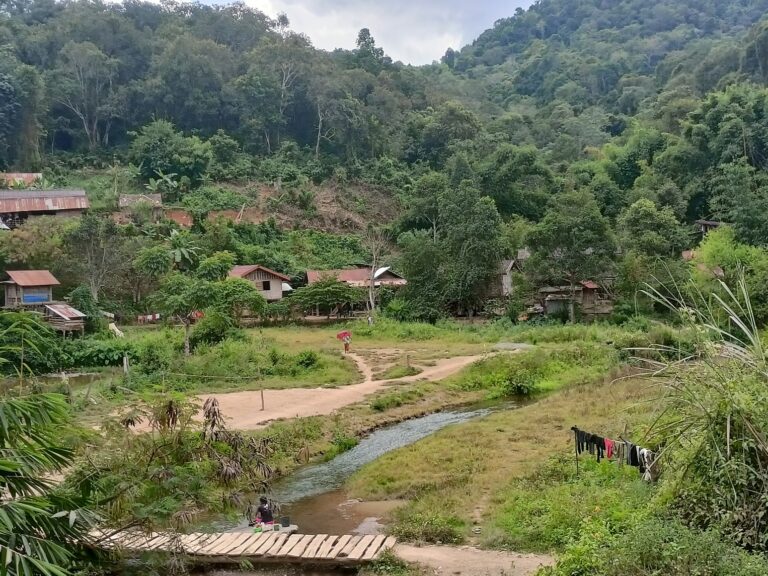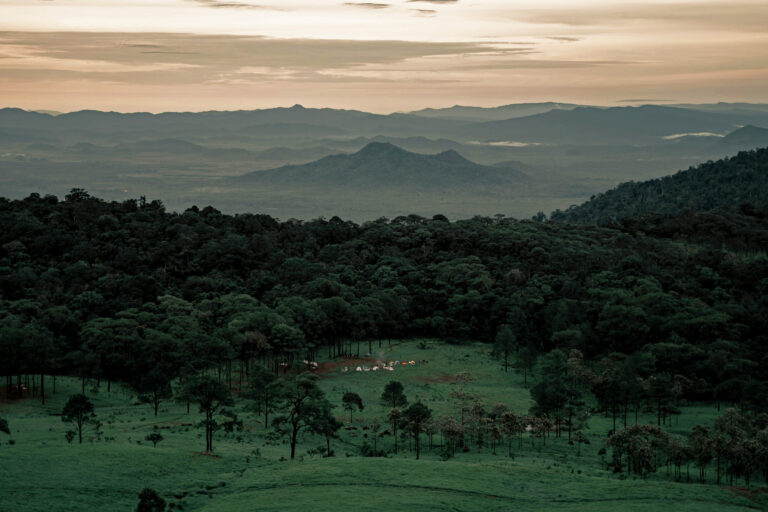Project Description
Market-driven approaches offer strong potential for building climate resilience in agriculture by engaging entire value chains—from producers to consumers—in delivering certified, high-quality, and climate-resilient products. To support this, ICEM conducted an integrated climate risk and market opportunity assessment in the Koshi River Basin in Nepal and the Northern Tonle Sap region of Cambodia. The project aimed to identify high-value agricultural products that could access local or global markets through certifications such as Geographical Indication (GI), Global GAP, and organic Participatory Guarantee Systems (PGS), thereby linking climate adaptation with market incentives.
Objectives, Activities, and Results
ICEM evaluated high-value agricultural product value chains with certification potential and assessed systemic, institutional, and individual capacities for scaling up resilience. The project also analyzed barriers to information access, particularly regarding consumer demand for safe and sustainable food. Outputs included a value chain assessment report, feasibility studies on market-based climate finance and consumer-driven food safety, and a conceptual framework for value-driven climate resilience. The findings laid the groundwork for investment in climate-resilient value chains and informed knowledge sharing between Nepal and Cambodia, contributing to ongoing initiatives under the Green Climate Fund (GCF) and similar climate-smart agriculture programs.



